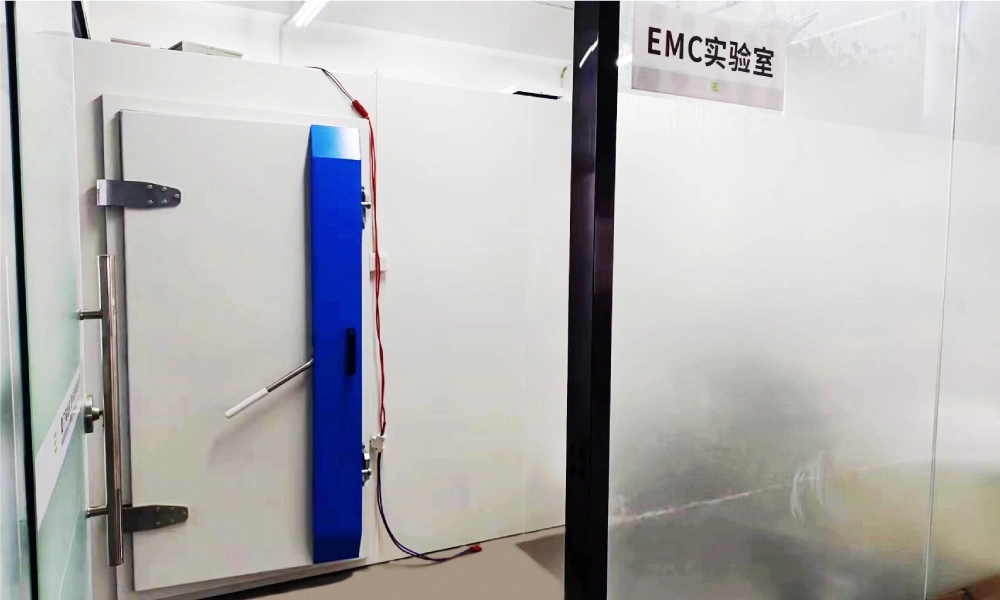- All
- Product Management
- News And Information
- Presentation
- Enterprise Branch
- FAQ
- Enterprise Video
- Enterprise Atlas
The Significance of EMC and Its Role in Microinverters
Release time:
2024-04-28 00:00

What is EMC?
Electromagnetic Compatibility (EMC) refers to the ability of electronic devices to operate normally in an electromagnetic environment without mutual interference or being affected by external electromagnetic interference. In modern society, various electronic devices are widely used in different fields, making it important to ensure that these devices do not interfere with each other and are not affected by external interference.
To ensure that electronic devices have good electromagnetic compatibility, a series of measures are usually taken, including:
1.Electromagnetic Interference (EMI) control: By designing and filtering circuits, the radiation of electromagnetic fields from devices to the surrounding environment is reduced, as well as reducing sensitivity to external electromagnetic interference.
2.Electromagnetic Susceptibility (EMS) design: Devices are designed to operate normally in the presence of external electromagnetic fields, for example, using shielding or filters to prevent external interference from entering the device.
3.Compliance testing: Devices undergo electromagnetic compatibility testing to ensure compliance with relevant standards and regulations.
These measures effectively improve the electromagnetic compatibility of devices, ensuring that they operate stably and reliably in various environmental conditions.
Importance of EMC in Microinverters
Microinverters play a crucial role in solar power systems by converting the direct current (DC) generated by solar panels into alternating current (AC). For microinverters, good electromagnetic compatibility (EMC) is equally important.
1.Avoiding Interference: Good EMC ensures that microinverters do not interfere with other devices and networks, such as the power grid, ensuring the stable operation of solar power systems.
2.Product Performance: EMC directly affects the design and performance of microinverters. By controlling electromagnetic interference, efficiency and reliability can be improved.
3.Regulatory Compliance: Microinverters need to comply with local and international EMC standards and regulations to ensure legal sale and use in the market.
4.User Safety: Good EMC helps reduce potential hazards that devices may pose to users or other devices, improving safety during use.
Invertechs microinverters with EMC
Invertechs microinverters have been tested in TUV lab and passed the EMC testings.
Besides, we have a professional EMC laboratory in our R&D centre to ensure that EMC is considered during the design and production process of products, thereby improving product quality and reliability.
This can also speed up the product development cycle and reduce the risk of bringing products to market.
In addition to ensuring products comply with regulations and standards, our laboratories can help identify and resolve potential EMC issues to support continuous product improvement.
The most importantly, we make strict rules on production and testing for bulk production, so as to make sure that every product that we produce and ship out is qualified with EMC standards.
Invertechs will make every effort to ensure our users with safe,clean and efficient energy.
Make Energy Safe and Easy!

News












